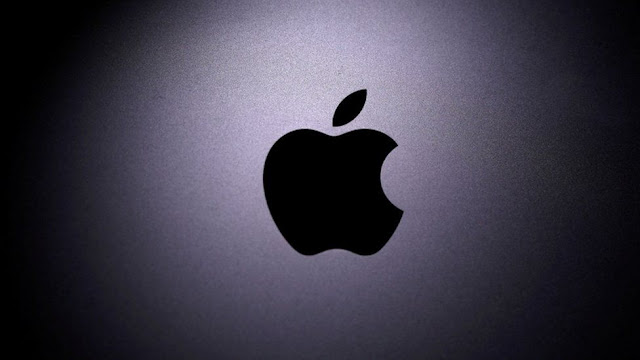
The European Commission has levied a substantial fine of €1.8 billion against Apple, equivalent to roughly $1.95 million. This hefty penalty stems from allegations of Apple's market dominance abuse within the realm of music streaming app distribution, particularly aimed at thwarting developers from promoting more economical services external to the app ecosystem.
The European Commission articulated its stance, asserting that Apple's imposition of limitations on app developers, curbing their ability to apprise iOS users of alternative and cost-effective music subscription avenues beyond the confines of the App Store, constitutes a breach of EU antitrust regulations. Termed as 'anti-steering provisions,' such restrictions are deemed unlawful under the EU's antitrust framework.
Initiating from grievances voiced by Spotify and an e-book/audiobook distributor, the Commission's investigation took root in two contentious Apple App Store policies. Firstly, the imposition of a 30% commission fee on all subscription charges routed through Apple's in-app purchase system (IAP), and secondly, the prohibition on developers from advocating cheaper subscription options outside the app interface.
Consequently, the Commission highlights how these policies have nudged content developers and subscription services towards elevating membership prices within Apple's app ecosystem, compensating for the 30% commission overhead.
However, Apple counters these allegations, contending that the European Commission has failed to furnish any substantiated evidence of consumer detriment or tangible proof of anti-competitive conduct. Apple further argues that the primary beneficiary of the Commission's decision is Spotify, a company that consciously opted out of promoting in-app subscriptions, despite its pivotal role in initiating the complaints.
Quoting Apple's stance, "The primary advocate for this decision — and the biggest beneficiary — is Spotify, a company based in Stockholm, Sweden. Spotify has the largest music streaming app in the world, and has met with the European Commission more than 65 times during this investigation."
Apple further underscores Spotify's commanding presence, boasting a 56% share of Europe’s music streaming market and paying zero fees to Apple for leveraging its platform. Apple contends that Spotify's ascension owes much to the infrastructure provided by the App Store, along with the suite of tools and technologies facilitating its app's development, maintenance, and outreach to Apple users worldwide.
While acknowledging the Commission's decision, Apple is resolute in its intent to contest the imposed fine through legal channels.
The unfolding saga between Apple and the European Commission casts a glaring spotlight on the intricate dynamics within the tech industry's competitive landscape. Beyond the legal ramifications, it prompts a broader discourse on the nexus between market dominance, consumer choice, and regulatory oversight in the digital sphere.
At its core, the controversy encapsulates the perennial tension between innovation and regulation, as tech giants navigate the fine line between fostering an ecosystem conducive to creativity and entrepreneurship while ensuring fair competition and consumer welfare.
Apple's App Store, hailed as a cornerstone of the company's ecosystem, has long been celebrated for its role in revolutionizing app distribution and democratizing access to digital content. Yet, as its influence burgeoned, so did scrutiny over its practices, with accusations of monopolistic tendencies and anticompetitive behavior gaining traction.
The European Commission's punitive action against Apple underscores a broader global trend towards bolstering regulatory scrutiny over tech behemoths, as policymakers endeavor to curtail perceived abuses of market dominance and fortify the competitive landscape.
For developers and content creators, the implications are profound, heralding a recalibration of strategies and business models in response to evolving regulatory paradigms. The onus now lies on tech companies to navigate this terrain prudently, balancing innovation with compliance and fostering an environment conducive to healthy competition and consumer choice.
In the wake of the European Commission's verdict, the tech industry finds itself at a crossroads, grappling with the reverberations of regulatory intervention and the imperative of charting a course towards a more equitable and sustainable digital ecosystem.
Statement from Apple: https://www.apple.com/newsroom/2024/03/the-app-store-spotify-and-europes-thriving-digital-music-market/




0 Comments